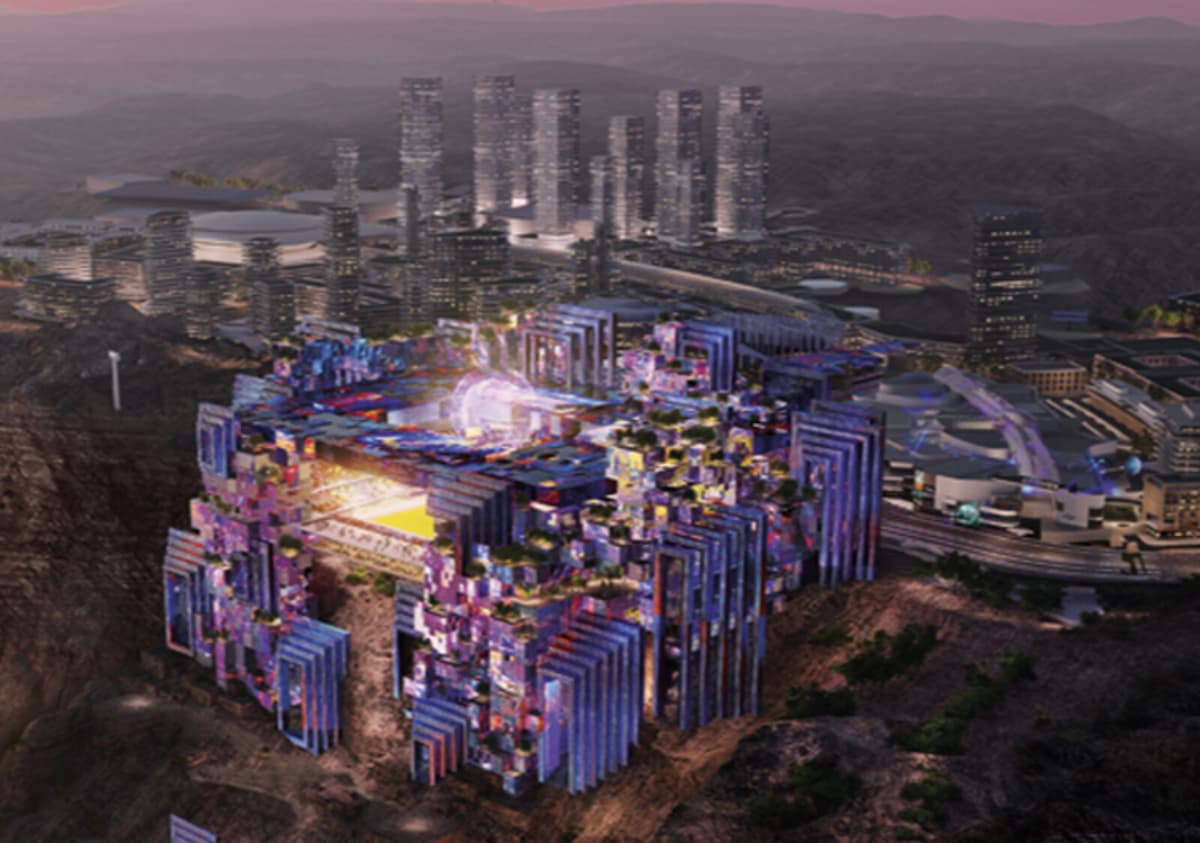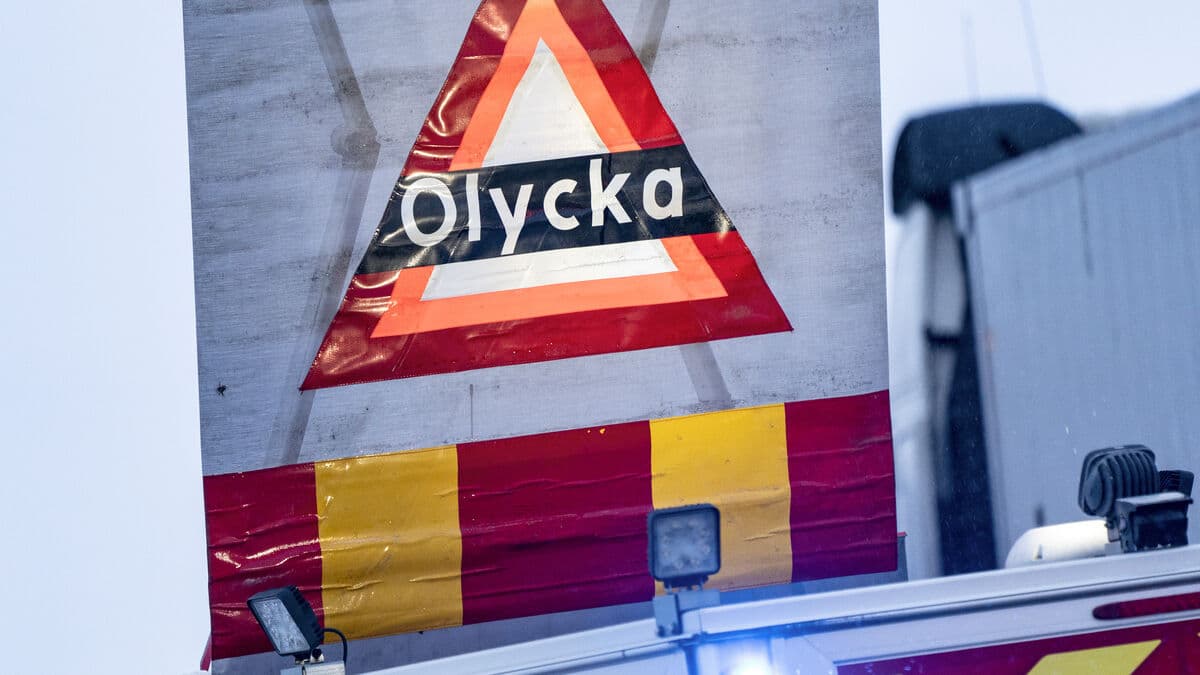The 2034 World Championship is the crown jewel of Saudi Arabia's multi-billion investment in sports, which is part of Crown Prince Mohammed bin Salman's so-called reform program Vision 2030.
The goal is to steer the kingdom away from oil dependence and make the country, among other things, a future tourist paradise.
21,000 dead guest workers
The road to this goal has already been marked by the deaths of migrant workers. Since the vision was launched in 2016, 21,000 guest workers from Nepal, Bangladesh, and India have died, according to the British ITV documentary Kingdom Uncovered: Inside Saudi Arabia.
Fifa has not shown anywhere that they have learned from what happened with the construction during the Qatar World Cup, says Kim Söderström, chairman of the trade union Byggnads.
With barely ten years left until the championship, enormous construction is waiting. Eleven of the 15 World Cup arenas do not exist. Seventy-one new training facilities will also be built. This requires 185,000 new hotel rooms and extensive infrastructure in the form of roads and modernization of airports.
The international construction union BWI, together with human rights organizations Amnesty and Human Rights Watch, has collected over 20,000 testimonies and individual cases of exploitation of migrant workers.
Reading the testimonies, it's about confiscated passports, unpaid wages, and appalling working conditions.
On the way to neighboring Qatar's World Cup 2022, BWI was finally able to conduct inspections. No similar agreement is in place with Saudi Arabia yet.
When we did our controls on arena construction in Qatar, it got a little better, but there were no changes in the country as a whole.
Even though the word has disappeared from laws, the kafala system remains in practice in Saudi Arabia. Guest workers are completely in the hands of a mandatory job sponsor, often their employer.
"Modern slavery"
This means, among other things, that you cannot change employers, it's modern slavery, says Kim Söderström.
He believes it's appalling that the Swedish Football Association has said yes to a Saudi World Cup.
The association doesn't seem to care that we're going to have another World Cup that will be carried out at the expense of thousands of dead and injured migrant workers. In my world, Sweden should be the country that vetoes and says that this is not okay.
The hosting of the men's World Cup 2030 and 2034 will be decided at an extraordinary Fifa congress on December 11. The congress will be held digitally.
Saudi Arabia is the only candidate for 2034. Eleven of the 15 World Cup arenas will be built. Three of them are under construction for the Asian Championships 2027. The four existing arenas will be renovated.
Co-hosts Spain, Portugal, and Morocco are the only candidates for the 2030 World Cup. Then, the first three matches will be played in Uruguay, Argentina, and Paraguay in South America. This is to mark that it has been 100 years since the first World Championship was held in Uruguay (1930).
The championships will be approved jointly and, according to the Norwegian Football Association, via acclamation, i.e., without a formal vote.
It is unclear whether acclamation will take place through silent approval, yes-or-no shouts, applause, or in some other way.
The oil-rich Saudi Arabia, which makes up the larger part of the Arabian Peninsula, is an absolute monarchy ruled by the royal family (House of Saud). Crown Prince Mohammed bin Salman, also known as MBS, has gained increasing influence over politics in the ultra-conservative country in recent years. After a royal decree in 2022, the Crown Prince is now also the country's Prime Minister.
Saudi Arabia has no political parties and no elected parliament. The government is based on the Koran and Islamic law, Sharia.
Executions and death sentences are very common. So far in 2024, 309 people have been executed, according to the human rights organization ALQST, which was founded in 2014 by Saudi Yahya Assiri. This is a record number compared to previous years.
Human rights groups such as Amnesty International and Human Rights Watch regularly accuse Saudi Arabia of arbitrary arrests, torture, and death sentences, which are also imposed on children.
Of approximately 32 million inhabitants, 13.4 million are foreign citizens, according to official population statistics from the Saudi state. The majority of them are guest workers.
People from Bangladesh (2.1 million), India (1.8 million), Pakistan (1.8 million), and Yemen (1.8 million) make up the largest proportion of the foreign population.
Source: National Encyclopedia, Land Guide/UI.






